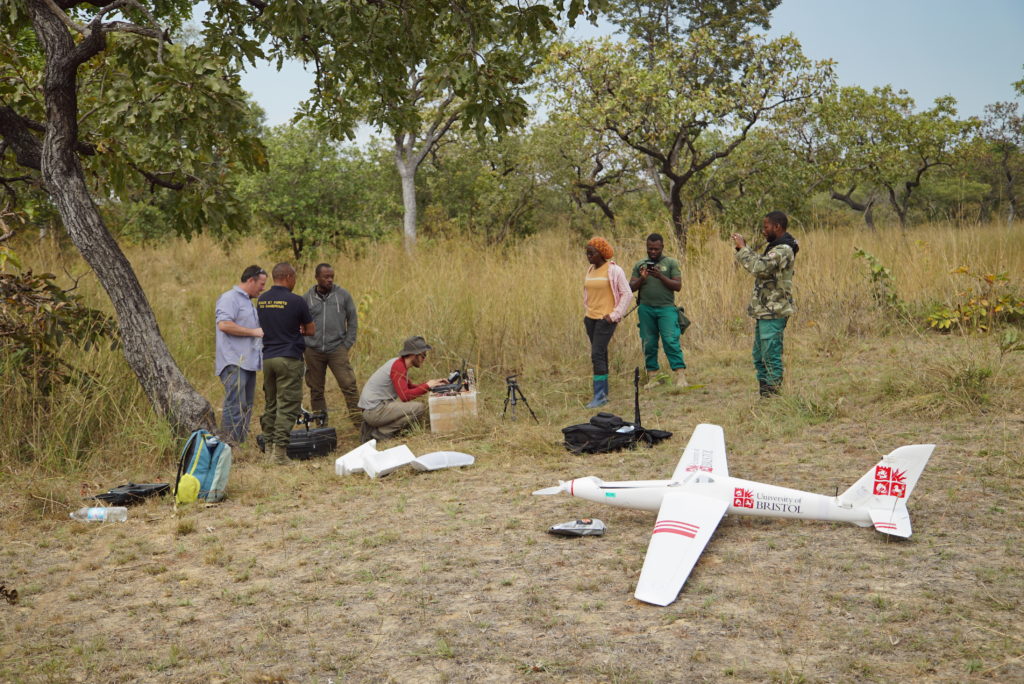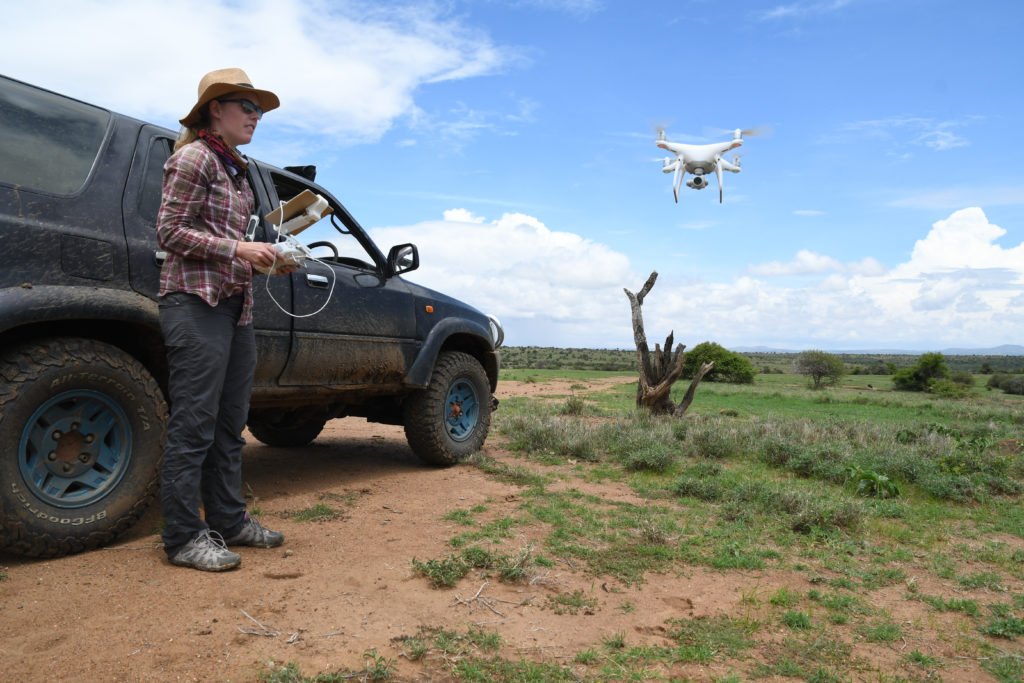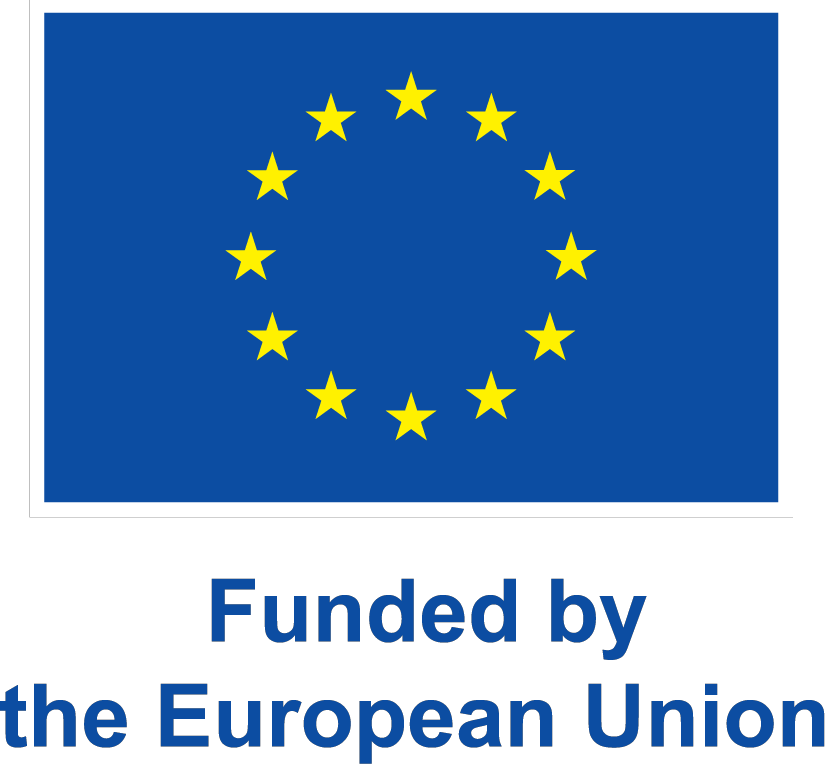Training
WildDrone will recruit and train 13 Doctoral Candidates through a training program based on the EU Principles for Innovative Doctoral Training. Expanding on the existing doctoral programs, it combines training-by-research with a multidisciplinary approach based on high-quality supervision, complementary and transferable skills training, inter-network and inter-sectoral secondments and hands-on drone training. By exposing all Doctoral Candidates to private companies and nature conservation end-users via secondments and numerous network-wide events, emphasis is also placed on multi-disciplinary exposure. The network members will not only host their own Doctoral Candidates but also receive other partners’ Doctoral Candidates in secondments during well-defined cooperative projects to strengthen the multi- and cross-disciplinary research dimensions. This provides the Doctoral Candidates with access to experimental research infrastructures to field test and further benchmark their academic development.
Several training activities are offered to the members of the network during the project’s life span:
- Three network-wide training events offering multiple activities across all topic areas of the network, complemented by a set of eLearning modules.
- Two joint field trip hackathons in Kenya at Ol Pejeta Conservancy, where all PhDs will jointly test their latest developments.
- One-week summer school which will be a forum for presentation and discussion of theoretical and practical issues pertaining to drones for conservation fieldwork application. Invited speakers will present tutorial sessions and the WildDrone participants will host mini courses for external researchers.

Copyright by University of Bristol

Copyright by Max Planck Institute of Animal Behavior
The network offers unique cooperation possibilities and each Doctoral Candidate will:
- Collaborate with other students working in the same theme.
- Work in collaboration clusters that link related Doctoral Candidates from the network.
- Perform one or more secondments at another institution.
- Have a Project Supervisor from the main host and additional co-supervisor(s) from the partners in the network where he/she will be on secondment.
Supervision of Doctoral Candidates hosted at an industrial partner is ensured through regular meetings with an experienced Academic Supervisor.
Get in touch
Contact us on WildDrone@sdu.dk



WildDrone is an MSCA Doctoral Network funded by the European Union’s Horizon Europe research and innovation funding programme under the Marie Skłodowska-Curie grant agreement no. 101071224. Views and opinions expressed are those of the author(s) only and do not necessarily reflect those of the European Union or the European Commission. Neither the EU nor the EC can be held responsible for them.
